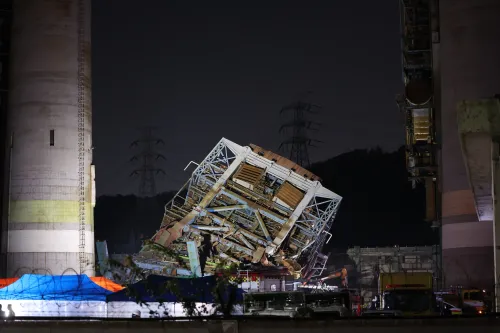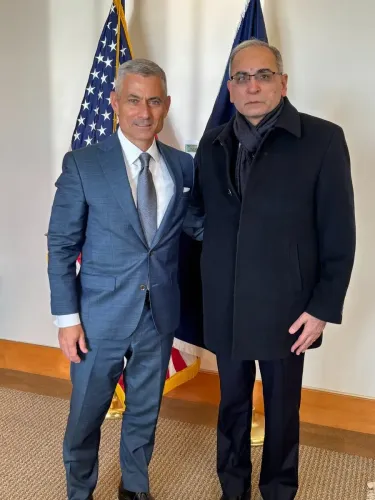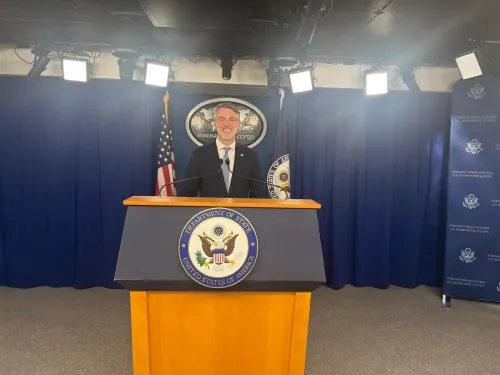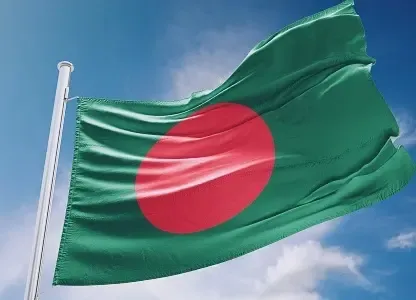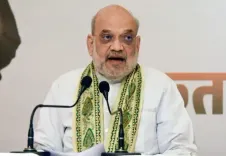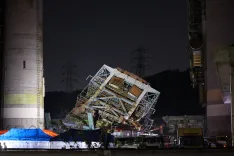Why Did India Choose to Withdraw from the SCO Statement on the Israel-Iran Conflict?
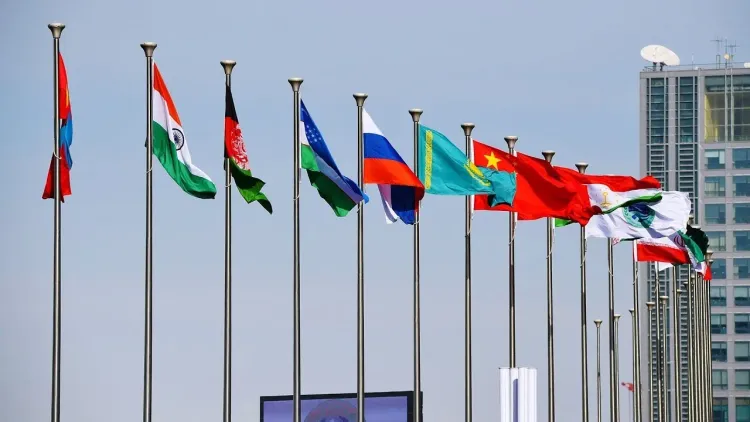
Synopsis
Key Takeaways
- India did not participate in the SCO discussions regarding the Israel-Iran conflict.
- The MEA urges dialogue and diplomacy to prevent escalation.
- Israel's military actions against Iran have raised significant concerns.
- India maintains friendly relations with both nations.
- Indian nationals in the region are advised to stay safe and informed.
New Delhi, June 14 (NationPress) The Ministry of External Affairs (MEA) announced on Saturday that India chose not to engage in the talks surrounding the recent joint statement from the Shanghai Cooperation Organisation (SCO) related to the ongoing conflict between Israel and Iran.
As per the MEA, India's comprehensive stance on the issue was conveyed to the SCO member nations.
"The SCO has put forth a statement regarding the recent tensions between Israel and Iran. India's position, articulated on 13 June 2025, remains unchanged. We advocate for the use of dialogue and diplomatic channels to promote de-escalation, emphasizing the need for the international community to assist in this effort," the MEA's statement indicated.
"The External Affairs Minister also discussed these developments with his Iranian counterpart yesterday, expressing the international community's serious concerns about the situation. He urged the necessity of avoiding any escalatory actions and a prompt return to diplomatic negotiations," the MEA added.
The SCO conveyed significant apprehensions on Saturday regarding the increasing tensions in the Middle East, condemning the military strikes executed by Israel on Iranian territory on June 13.
"Such hostile actions against civilian targets, including energy and transport infrastructures, leading to civilian casualties, are a blatant breach of international law and the United Nations Charter. These actions infringe upon Iran's sovereignty, jeopardize regional and global security, and pose serious threats to international peace and stability," the SCO asserted in their statement.
"The SCO member states firmly support the resolution of the issues surrounding Iran's nuclear program exclusively through peaceful, political, and diplomatic avenues," they added.
The SCO comprises member nations including India, Iran, Kazakhstan, China, Kyrgyzstan, Pakistan, Russia, Tajikistan, Uzbekistan, and Belarus.
On Friday, India expressed profound concern regarding the recent events between Iran and Israel, urging both parties to avert any further escalation.
"We are vigilantly monitoring the evolving situation, including reports regarding attacks on nuclear facilities. India calls on both sides to refrain from any escalatory measures. Existing diplomatic channels should be utilized to foster de-escalation and resolve underlying issues. India maintains close and amicable relations with both nations and stands ready to offer all possible support," the MEA stated.
"Our Missions in both countries are in contact with the Indian community. All Indian nationals in the region are advised to exercise caution, maintain safety, and adhere to local security advisories," it further stated.
Israeli Prime Minister Benjamin Netanyahu announced the initiation of 'Operation Rising Lion' against Iran on Friday, a targeted military operation aimed at countering the Iranian nuclear threat to Israel's survival. He affirmed that the operation will persist for as long as necessary to eliminate the threat.
Tensions in the Middle East escalated further on Saturday as Iran launched a new wave of missile strikes targeting Israel. This renewed aggression occurs amid a period of intensified hostilities between the two nations.
The Israel Defence Forces (IDF) confirmed the attack, stating that a barrage of projectiles had been fired towards Israeli territory.
In a brief statement, the military said, "Another barrage has been launched towards Israel," although the precise number of missiles and specific target areas were not disclosed.

